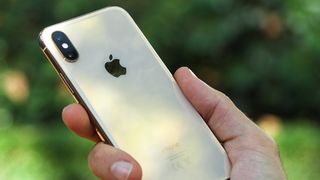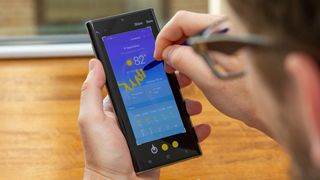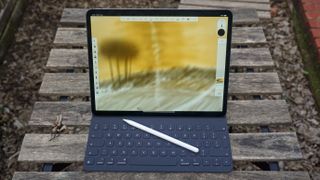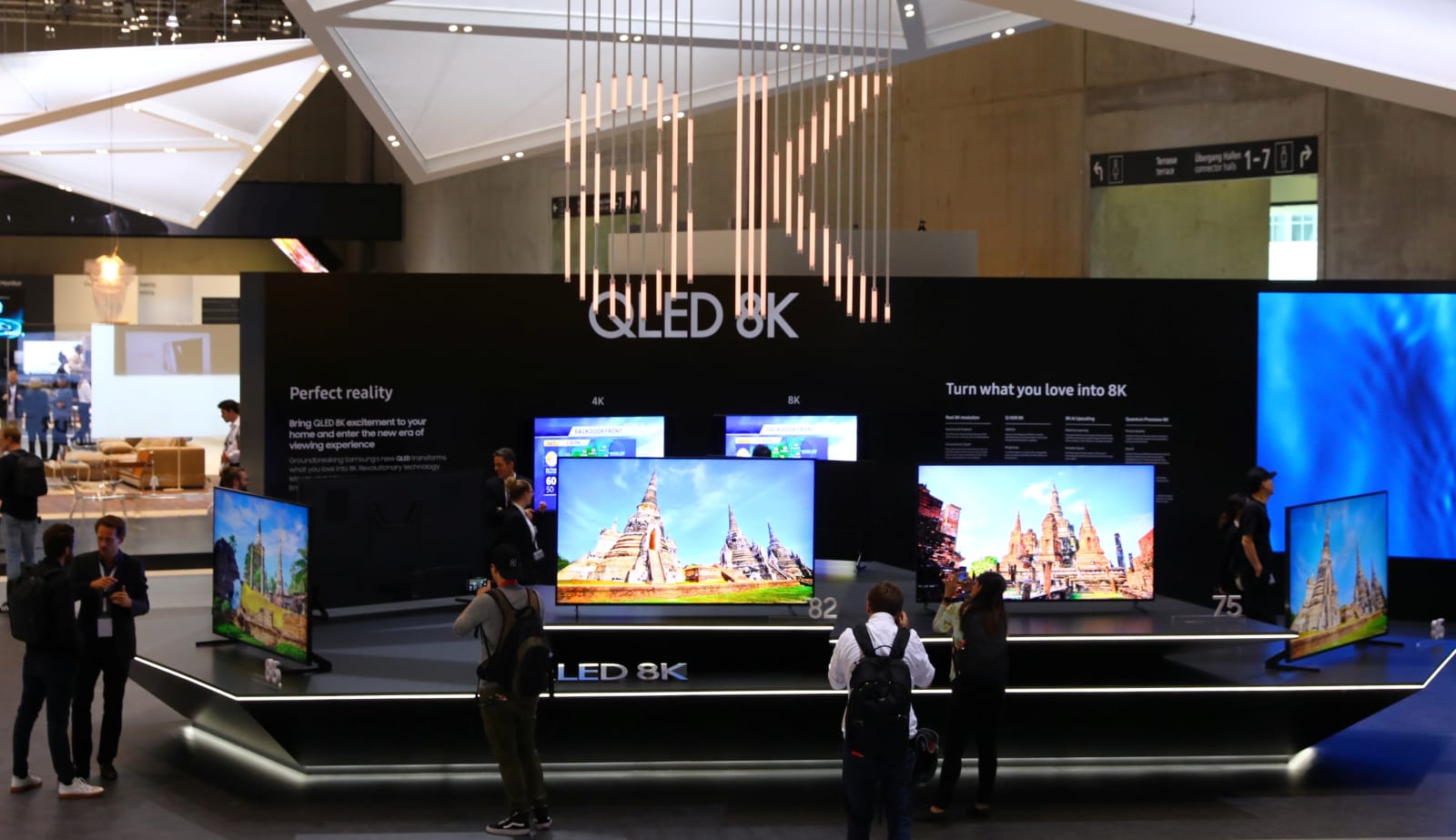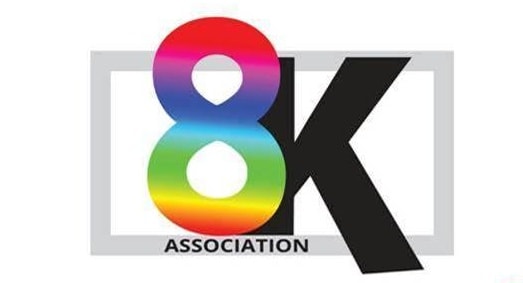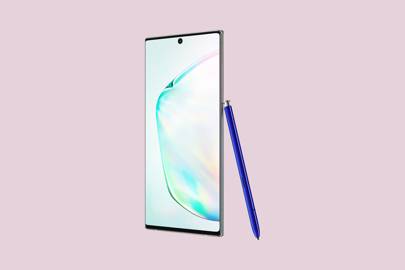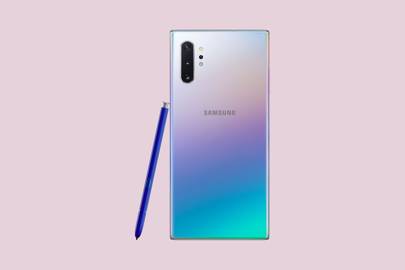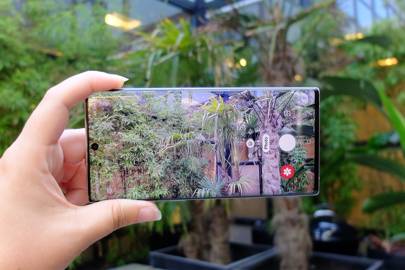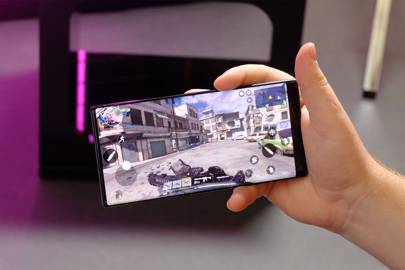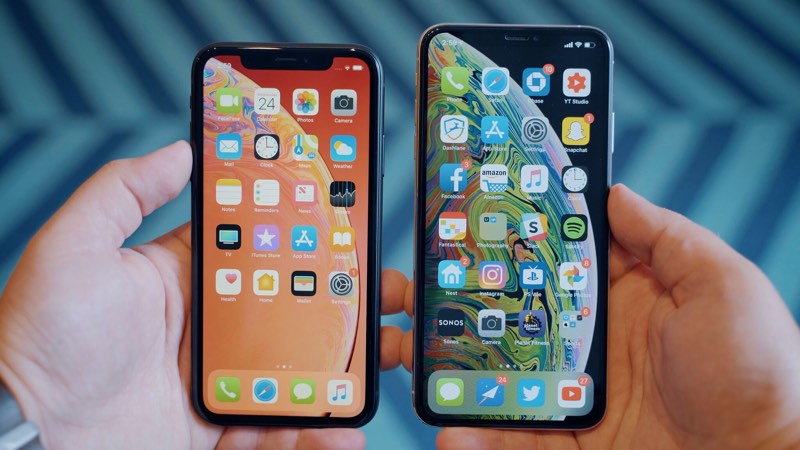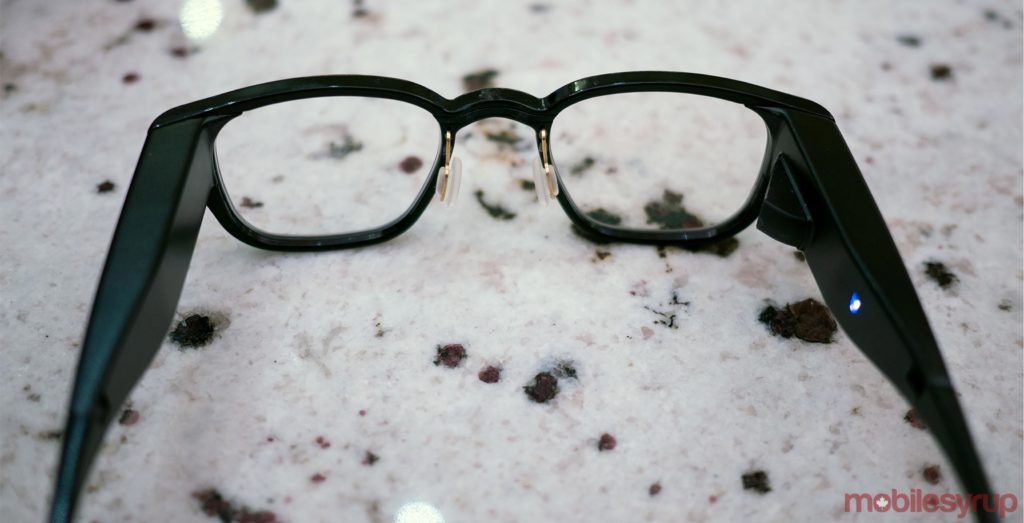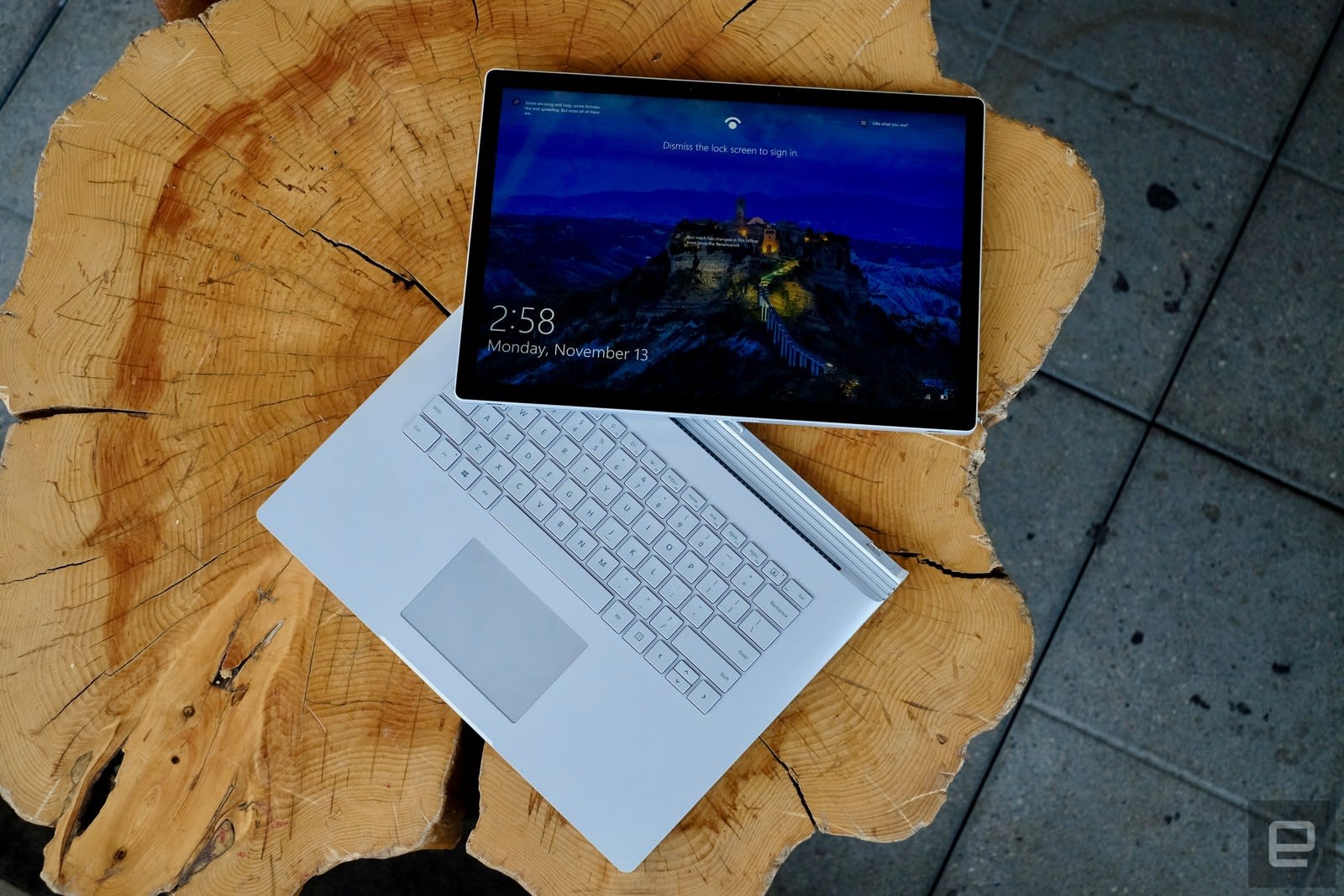
Would you don these "space" boots for quicker workout recovery?
NormaTecThe merging of technology and fitness has certainly offered up some interesting, giggle-worthy devices. I mean, who'd have thought we'd see roundtables of athletes chilling in space suits?
Except, they aren't going to space. They're just recovering from their last workout and preparing for the next. The suits themselves are complex, but what they actually do is straightforward: They're compressing and decompressing, encouraging blood flow throughout the athlete's bodies.
Here's how this simple but helpful recovery technique works.
What is compression therapy?
Like cryotherapy, compression therapy has been around for decades as a medical treatment. In fact, NormaTec -- one of the biggest compression therapy names in the market -- started as a medical device company to treat a condition called lymphedema (chronic swelling).
Now the company's focus is athletic recovery, but its roots lie in the science of blood flow: Your circulatory system delivers oxygen, nutrients and hormones to every cell in your body. Simultaneously, this complex circuit removes metabolic wastes such as carbon dioxide and lactic acid, effectively flushing your system of toxins.
The idea behind compression therapy is that by increasing blood flow to specific parts of the body -- encouraging your body to deliver more oxygen and nutrients to those areas -- you can speed up recovery, relieve pain and improve athletic performance.
Benefits of compression therapy
Athletes of all disciplines have been suiting up in puffy, intergalactic-looking contraptions to reap the benefits of compression therapy. Long before these suits existed, athletes have worn (and still wear) compression garments during and after exercise.
The benefits of this recovery method, which are essentially the benefits of improved blood flow, include:
- Reducing swelling and inflammation
- Speeding up muscle recovery
- Preventing delayed-onset muscle soreness
- Relieving muscle pain
- Improving athletic performance
- Increasing flexibility and range of motion
- Removing exercise-related wastes, like lactic acid
- Decreasing muscle fatigue
Overall, the science backing these claims is conflicting, though NormaTec does offer an impressive list of research studies that look at this particular product's methodology. Now that new products are popping up, it's hard to lump all forms of compression therapy into one group.
For example, wearing a knee sleeve won't produce the same results that NormaTec's "pulsing, distal release, gradient" method will. That's because the knee sleeve simply squeezes your leg above and below your knee, forcing blood and fluid away. When you take the knee sleeve off, blood rushes back to the area, thus inducing the benefits.
A NormaTec suit, on the other hand, squeezes your legs in intervals and by section -- starting at your feet, the suit inflates intermittently to mimic natural blood flow.
So both types of compression therapy can offer benefits, but on different levels, kind of like percussive therapy versus foam rolling.
How you can try compression therapy
Convinced you need to add this technique to your recovery regimen? Here's how to test it out.
Suit up
That's right: Try one of these space suits out yourself. If you're not keen to purchase one of your own, search for gyms, chiropractic offices and recovery lounges (like cryotherapy centers) that offer suits for customer use.
By far the most well-known, NormaTec has partnered with thousands of businesses across the country to provide boots and even full-body suits at a more affordable price. But you can also find other brands, such as Rapid Reboot, Speed Hound, Air Relax and RecoveryPump.

There are several brands that make compression boot and suits, though not all of them use the same pulsing patterns.
Rapid RebootWear compression garments
The evidence for compression garments such as knee sleeves, compression tights and elbow sleeves is largely anecdotal. For some people, wearing compression garments during or after exercise seems to improve physical performance and speed up recovery, but the research isn't quite clear.
There are conflicting studies into compression garments, and it's not clear whether you should wear them during or after exercise, and which types of exercise they positively influence.
But hey, like they say about diets: If it works for you, it works for you.
Get a massage
I've talked about massage versus high-tech recovery before, and traditional massage still stands the test of time (and lots and lots of clinical trials). For example, one study on ultramarathon runners found that post-exercise massage offered the same benefits as post-exercise compression therapy.
Another study compared compression therapy, massage, cryotherapy, stretching, electrostimulation, water immersion and more. Its aim was to discover the best modality for reducing delayed-onset muscle soreness (DOMS).
The kind-of-unsurprising answer? Massage.

Popular among elite and recreational athletes alike, these compression suits essentially do what compression garments do, but way better.
NormaTecWorth the hype?
Personally, I think yes. Despite some wishy-washy clinical trials, these products are backed by a valid scientific principle: Compression therapy increases blood flow, which delivers nutrients to your muscles and removes waste like lactic acid. That's why active recovery (like stretching and walking) is so much better than passive recovery (doing nothing).
Obviously, compression boots and suits like those from NormaTec, Rapid Reboot and Speed Hound don't fit everyone's budgets — and that's totally fine. You don't need one of these suits to yourself, but if you're a regular gym-goer, you might consider popping in at a recovery lounge, chiropractic clinic or other establishment that offers one-off sessions.
However, if you can afford it, a high-tech compression suit could theoretically cost less in terms of cost per session. Think about it: A massage costs, on average, $100 to $150 per session. Let's say you get one massage per month. That's anywhere from $1,200 to $1,800 per year.
NormaTec is the most expensive of the products discussed in this article -- if you purchase a complete NormaTec set for $2295, that's about $190 per month over one year. Even at one use per month, it's not outrageously expensive compared to massage.
But if you have your NormaTec at home, on hand for use whenever, the cost per session decreases drastically: If you use your NormaTec just once a week, the cost per session drops to less than $50 per use.
It's a big investment up front, but potentially worth it.
The information contained in this article is for educational and informational purposes only and is not intended as health or medical advice. Always consult a physician or other qualified health provider regarding any questions you may have about a medical condition or health objectives.
https://www.cnet.com/news/whats-a-normatec-the-compression-therapy-elite-athletes-love/
2019-08-31 13:00:02Z
CAIiEEYI-R5agRNJvUppASU76FAqEwgEKgwIACoFCAow4GowoAgwkRo






